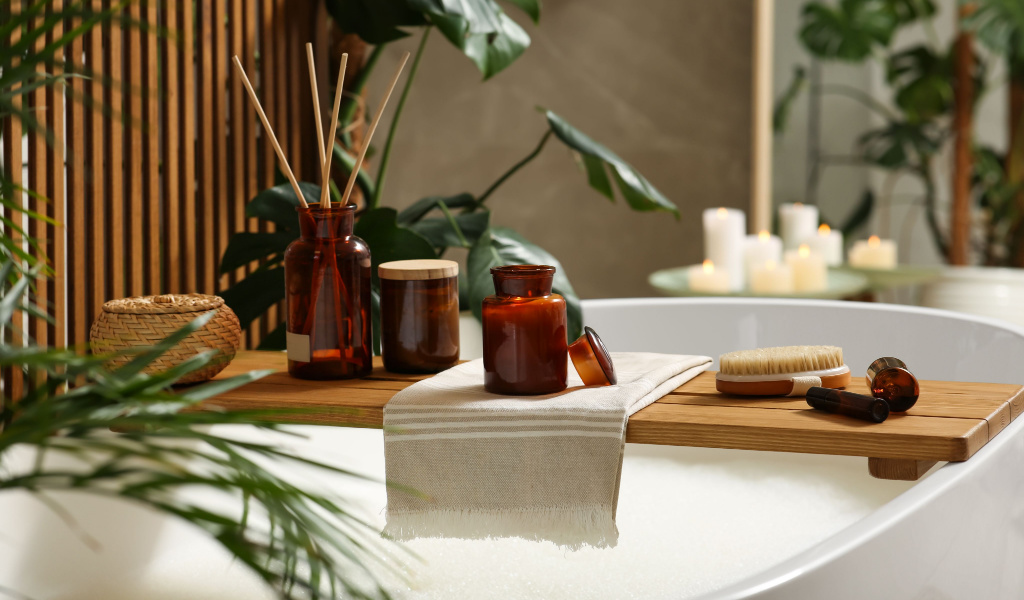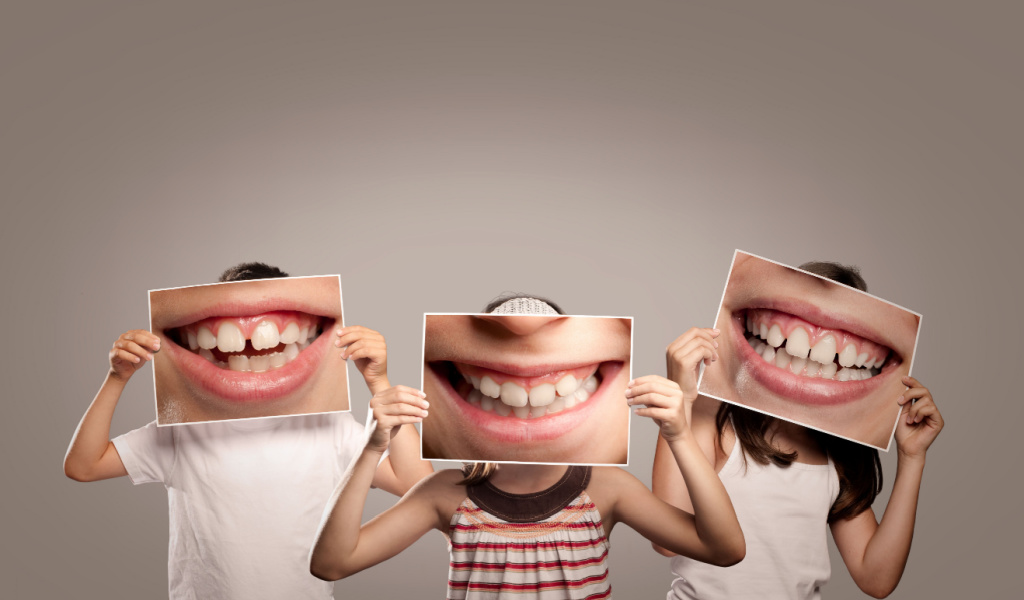Soaking in a warm tub after a long day could be the ideal form of therapy that helps your mind and body come down from all the overstimulation of the day. But did you know that there are a number of other benefits that you can gain from the time spent soaking in a hot tub?
For instance, soaking in a hot tub is said to help in muscle relaxation, pain relief, and improved sleep. Let’s go through them one by one.

The Benefits of Soaking in a Hot Tub
Stress Relief
The most obvious benefit of a hot tub soak is that it helps you relax and get rid of worrying thoughts. As a result, this can be a good way to rid yourself of physical, emotional, and mental stress. Music therapy, aromatherapy, and light therapy – i.e., soothing audio, a nice smell, and low lighting – can also add to the positive vibe.
Muscle Relaxation
Water is known to have a soothing effect, and warm water is more so. The regular movement of the water in a hot tub or jacuzzi can feel almost like a massage, targeting tense muscles and relaxing them to aid in the healing of aches and pains. It’s also said that soaking in the hot tub before exercising can help reduce the risk of injury as it loosens the muscles and primes them for the workout ahead.
Better Sleep
Research has found that soaking in a warm tub of water can help you have a better night’s sleep. One study that theorized that passive heating of the body can be used as a treatment for insomnia in older adults. It found that hot baths promoted sleep quality as the people in the study tended to sleep deeper and more restfully.
Another more recent study in 2012 tested the effects of hydrotherapy on physical function and sleep quality for people with fibromyalgia. In conclusion, the study did find that it helped significantly with those functions and with several other symptoms of the condition.
Pain Relief
A hot tub soak can be the ideal way to relax not just your mind, but your muscle as well. Since water takes the weight off your body and its joints, this helps you improve flexibility and range of motion. Plus, the heat and massaging motions will further help your muscles relax. That’s why arthritis patients may find it beneficial as it could help their muscles by alleviating stiffness and inflammation that causes pain.
Improves Heart Health
A nice soak in the hot tub can help raise your heart rate and lower your blood pressure. According to a 201 study, hot water immersion is vastly beneficial to vascular function and blood pressure. The study also suggested that passive heat therapy could help reduce cardiovascular risk and mortality.
Hot tub therapy could be ideal for those with limited ability or those who have difficulty exercising. Research has found that a 10-minute hot tub session could help lower blood pressure in a safe way for those who are being treated for high blood pressure.
Improved Insulin Sensitivity
There has been some evidence to support the idea that regular thermal therapy using saunas and hot baths could recover weakened insulin sensitivity. This suggests that soaking in the tub may be beneficial to diabetics. Another 2015 review found that similar therapy could help people deal with diabetes and obesity.
Burn More Calories
A study in 2016 had participants soak waist-high in a hot bath for an hour. It found that these people burned almost the same number of calories as a 30-minute walk. The study was small and does not mean that hot tub baths can replace exercise, but it is promising in terms of boosting metabolism, especially for those who have a hard time exercising.
The Dos and Don’ts of Hot Tub Usage
To make sure that you get the best out of your time relaxing in the hot tub, there are a few dos and don’ts you should follow. These are:

Do: Clean the Tub Regularly
One of the most common types of problems that could arise from regular hot tub usage is a skin-related issue called hot tub folliculitis, caused by the usage of an unclean tub. Whether you’re using a hot tub/jacuzzi in your home or at the gym – especially if you’re using one at the gym – you should check to see that the tub and water are cleaned, maintained, and tested properly.
Do: Stay Hydrated (But Not with Alcohol)
A lot of people have this idea of people soaking in a hot tub for hours and hours with a drink in their hand – thanks to TV and movies peddling this unsafe idea. It’s a good idea to stay hydrated before and during your time in the hot tub, but it’s not a good idea to do so with the help of alcohol.
Nevertheless, alcohol is a diuretic – which means it causes your body to remove fluids through the blood – so, it does the exact opposite as intended and leaves you dehydrated. Therefore, it’s best to stick to a non-alcoholic drink, or better yet, good old water!
Don’t: Overdo It
Soaking in a hot tub doesn’t mean you have to lie there for hours on end. In fact, it is best to set a time limit before you get into the hot tub, especially if you’re not used to it. Start with 10-15 minutes first and slowly increase the time limit as your body becomes accustomed to it.
You should also make sure the water isn’t any more than 104°F (40°C). Soaking in water that’s too hot for too long can cause lightheadedness, dizziness, nausea, skin redness, and shortness of breath.
Don’t: Forget to Wash Afterwards
Once your time soaking in the hot tub comes to an end, remove your bathing suit and wash with soap and warm water. It’s important not to go from a hot tub to icy cold water directly since this good cause your blood pressure to shoot up.
It’s also a good idea to have a brief shower pre-soak if you’re using a hot tub at the gym or community center. Since it’s shared by other people, you should do your part in ensuring that it stays as clean as possible.
Do: Talk to Your Doctor if You Have Concerns
It’s important to have a conversation with your doctor if you have concerns about spending a lot of time in a hot tub. This is especially important if you suffer from heart disease as it affects your heart rate and blood pressure.
While a hot tub soak typically lowers your blood pressure, making it beneficial to those who have high blood pressure; for those who have low blood pressure already, that’s not very good. Since such patients are already prone to light-headedness and fainting, it’s not a good idea to go into a hot tub where the blood pressure could fall further and you certainly do NOT want to risk fainting while in the water!
Others who should exercise caution include pregnant women, people who have unhealed skin injuries, and those who have UTIs. Prolonged exposure to hot water may be disadvantageous in these cases, so make sure to ask your doctor if it’s okay at your next appointment.



